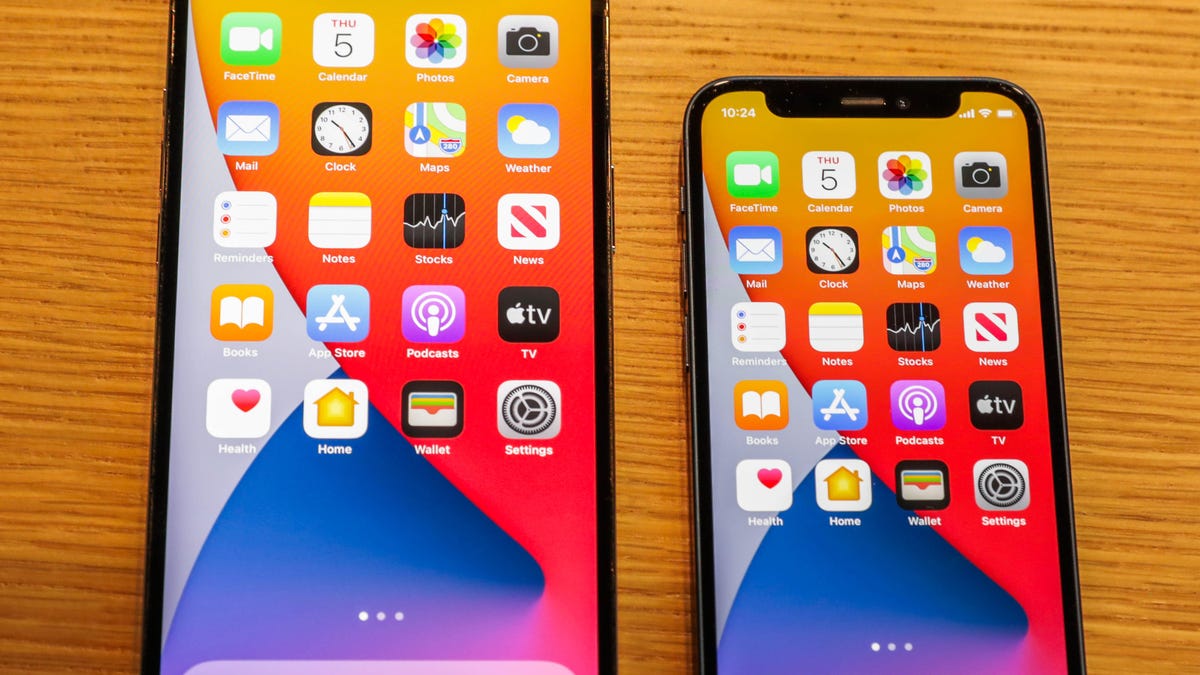Apple sued by early app store maker, Cydia, over control of the iPhone
The maker of one of the iPhone's early unofficial app stores wants to force Apple to allow different programs on its headsets.

The iPhone's changed a lot since launching in 2007. But Apple's control hasn't.
Before Apple's App Store launched for the iPhone in 2008, hackers had already created an alternative one. That app store, called Cydia, became the go-to program downloader for people looking to unlock their phones for international use. Along with another app store called Installer, Cydia's launch before the original App Store allowed people to write and distribute early apps.
As the iPhone advanced, so did the Cydia store, offering customizations to the lock and home screens, such as easily launching the camera, long before Apple began offering its own take on the features. But Apple never officially allowed people to install Cydia on its devices.
Now Cydia's suing Apple, saying its anticompetitive behavior stamped out competition.
"Were it not for Apple's anticompetitive acquisition and maintenance of an illegal monopoly over iOS app distribution, users today would actually be able to choose how and where to locate and obtain iOS apps, and developers would be able to use the iOS app distributor of their choice," the lawsuit says.
The suit was filed in northern California on Thursday and was earlier reported by The Washington Post.
Apple said it will review the lawsuit and reiterated previous statements that it is not a monopoly in any of the markets in which it competes.
The lawsuit marks the latest in a series of challenges Apple's faced to its control to the iPhone. The company has been under increasing pressure from tech and gaming giants, as well as politicians, who say Apple's grip on its iPhones and iPads is monopolistic.
It's not just criticism. Epic Games, the company behind the hit title Fortnite, filed suit against Apple in August. And complaints by streaming music heavyweight Spotify to the European Union kicked off investigations over Apple's business practices too.
In its suit, Cydia is seeking financial and punitive damages in addition to the court forcing Apple to allow it onto the iPhone. Cydia is represented by Quinn Emanuel Urquhart and Sullivan, one of the firms that worked with Samsung during its years-long patent battle with Apple.
See also: iPhone 12 vs. XR, XS, X: What Apple changed in 2020, from 5G to MagSafe
Correction, 12:33 p.m. PT: I'd forgotten about the Installer app store, which was actually the first for the iPhone, and available before Cydia. I regret the error and hereby turn in my nerd credentials for the day.

